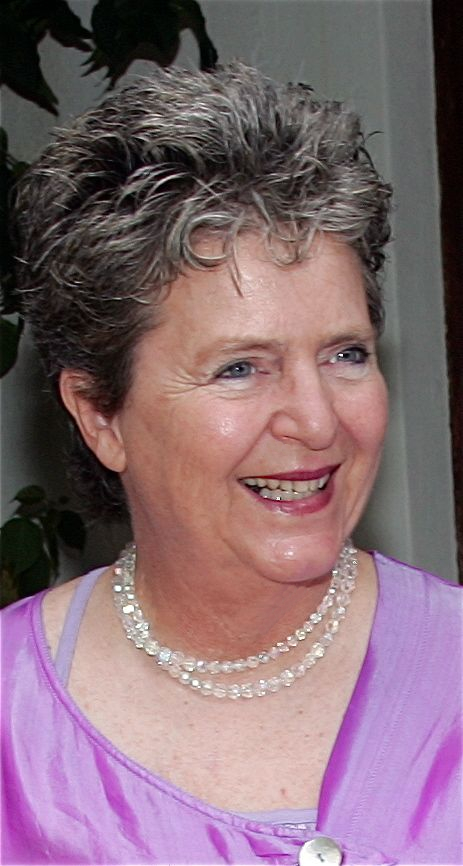SYNOPSIS
FINDING MY OWN WAY ... to happy & gay is the often amusing, often heart-breaking narrative of a younggirl coming out in 60s South Africa. The author, Barbara Castle-Farmer, locates her life in the context of so much oppression. And the contrast of the fear behind the persecution of homosexuals during the apartheid years, and how completely unthreatening her voice is, works powerfully.
The book begins in 1948, the year the author was born, and continues through her journey of self-discovery to age 60. Chapters such as Brownies didn't cut it for me, As camp as a row of tents, Was I butch... or fem?, How d’you know you’re gay? foretell of both a funny and an enlightening read.
But it wasn’t all sliding along on buttered feet. There was angst and anguish along the way, battles won, hopes lost and many dodgy landings. The challenges she met then, are still those faced by gay people everywhere today… how to tell their folks, when to confess to their friends, how much to tell their employers, and more.
Because although the book is set in South Africa, the coming out process poses the same hurdles, obstacles and crises no matter where you live. It’s simply a case of same circus, different tent.
For those lucky enough to have a friend, a child, a brother, an aunt or a colleague who is gay, the book is also especially for you. Castle-Farmer dispels many myths and debunks countless ‘straight’ theories
while offering a thought-provoking read. One that is sure to leave you with the knowledge that it’s perfectly possible to be both gay and happy too.
Boxed text at the head of each chapter exposes the prevailing attitudes to homosexuals over a period of 60 years. These are fully referenced quotes from newspapers, medical journals, speeches, reports, radio broadcasts and more. Juxtaposed with the light, easy narrative they give an idea of the fears, indignities, abuse, threats and insensitivities visited on gay people throughout history... and still today.
n
Author's note:
The lives and lifestyles of ordinary, middle-of-the-road gay people, especially lesbians, are mostly un-documented. Too long we've been denied a history. Too often we are voiceless and undervalued. This book is intended to put matters to rights ... with bells on.